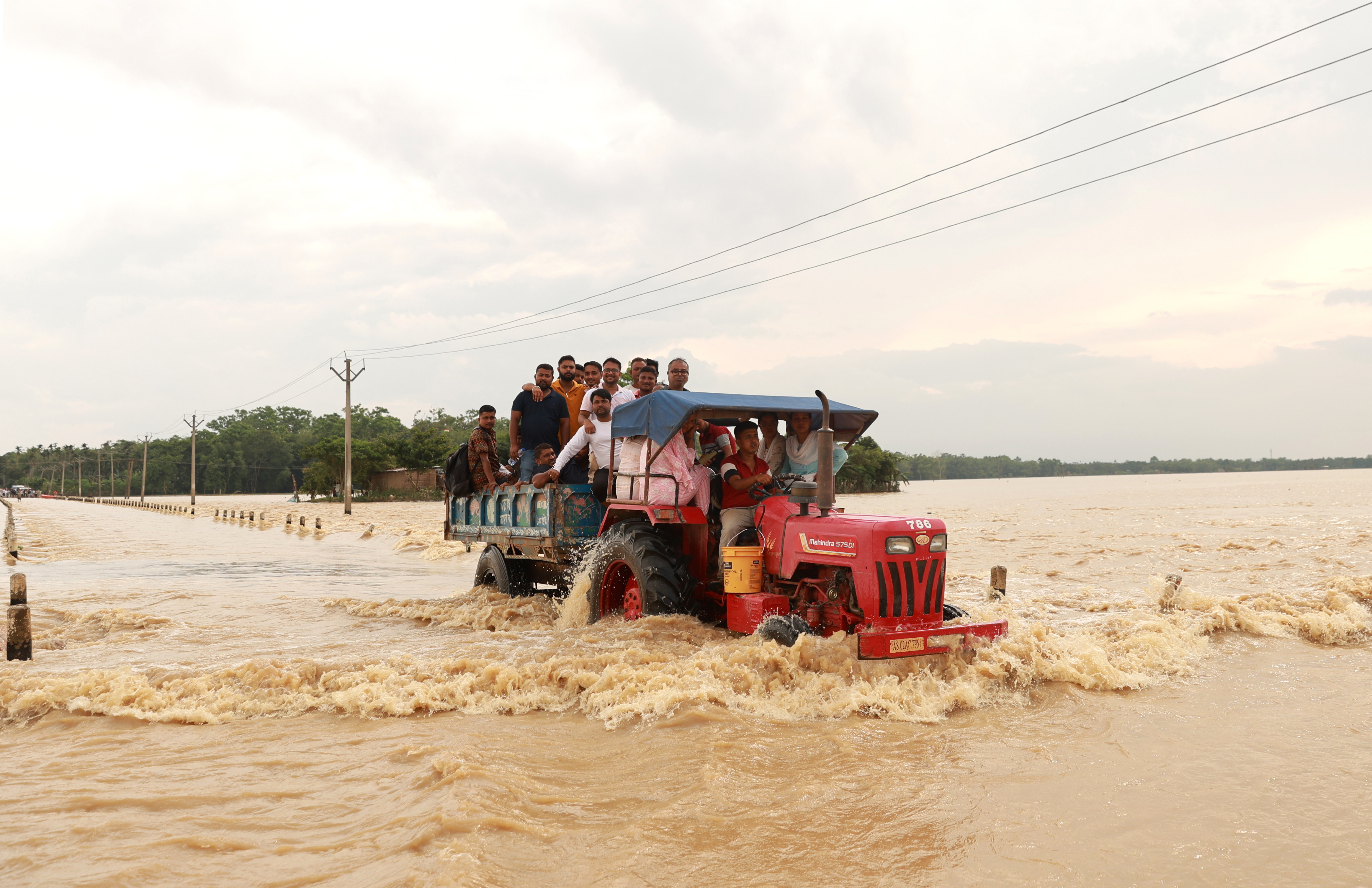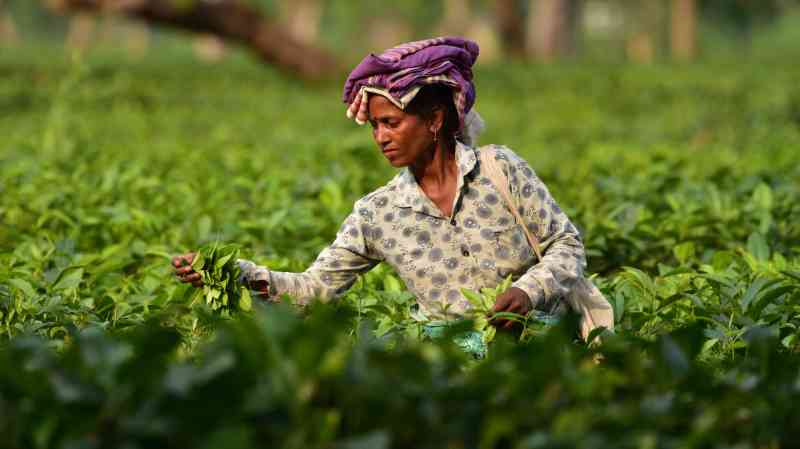The Bank of England may finally have got inflation under control but the cost of a humble cuppa looks set to buck the trend after extreme weather disrupted the harvest in India’s main tea-producing region.
Heatwaves and flooding have driven the average price of Indian tea leaves to more than £2 per kg, up almost 20 per cent on last year, according to India’s Tea Board.
Production has been further affected by the Indian government’s ban on 20 pesticides.
• Weather: Climate warning as June 2024 is hottest on record
Prabhat Bezboruah, a senior planter and a former chairman of the Tea Board, said: “Extreme weather events are hurting tea production. Excessive heat in May, followed by flooding in Assam, are reducing output.”
Assam accounts for more than half the country’s tea output.
A record 1.394 billion kilograms of tea was produced in India last year but this is expected to fall by about 100 million kilograms — or about 7 per cent — this year. The UK is India’s top export destination for tea, with Britons drinking an average of 100 million cups a day, or about 36 billion a year.
More than half of India’s tea leaves are harvested between July and October, and Bezboruah predicts that the problems will push up the wholesale price by between 16 per cent and 20 per cent this year.

The cost of tea on supermarket shelves has already jumped by 11 per cent over the past year, with the average price of a packet of 80 bags now at £2.64, up from £2.37 this time last year, according to the Office for National Statistics.
The extent to which prices will rise further in the shops will depend on how much of the higher costs manufacturers and retailers will be willing to absorb and how long the supermarkets’ existing tea supply contracts are due to last.
Heavy monsoon rains have caused problems across India, including in cities such as Delhi. During May, tea production in the country was down by more than 30 per cent compared to the same month last year after harvesters struggled to pick leaves during a fierce heatwave.
India produced just 91 million kilograms of tea in May, the lowest quantity produced during that month for more than a decade.
• French rediscover their love of tea — and want to supply Britain
Britons drink more tea than any nationality in the world other than the Irish and Turkish. However, in recent years the popularity of the classic English breakfast, or builders’ tea as it is often known, has been declining while consumption of herbal teas has risen.
Last year, the market research firm Kantar reported that Britons spent more on herbal teas than traditional tea for the first time.
While this does not mean we are drinking more herbal tea — because the exotic alternatives to builders tea generally cost between two and five times as much — separate research suggests that a majority of people would now, given the choice, prefer a speciality brew.
The good news for committed tea drinkers is that, while the cost of tea bags may be rising, the price of milk is falling. The ONS says the cost of whole milk has fallen by 6 per cent over the past year However, sweet-toothed tea drinkers have been hit by an 8 per cent increase in the cost of sugar.
Last month’s inflation figures showed the consumer price index (CPI) measure of inflation was at 2 per cent. Before that, inflation had been running above the Bank of England’s 2 per cent target for more than three years.
